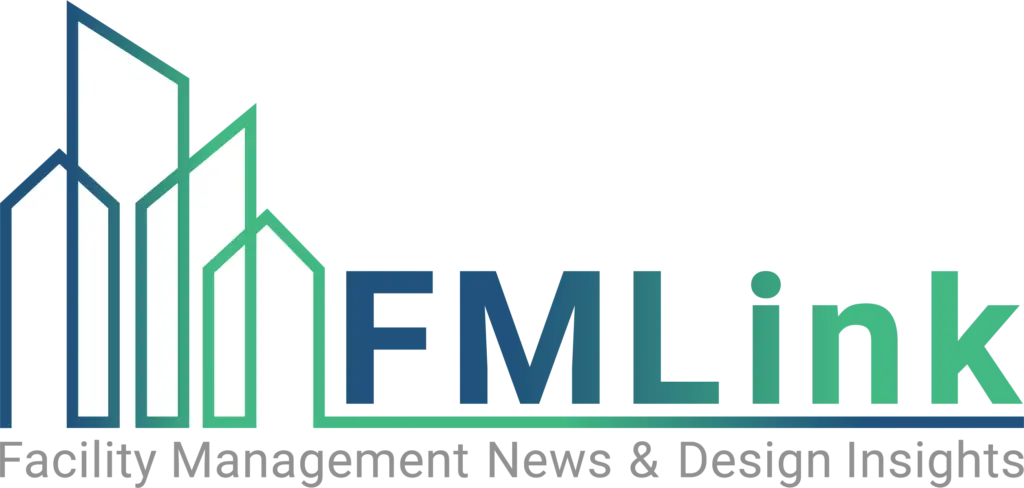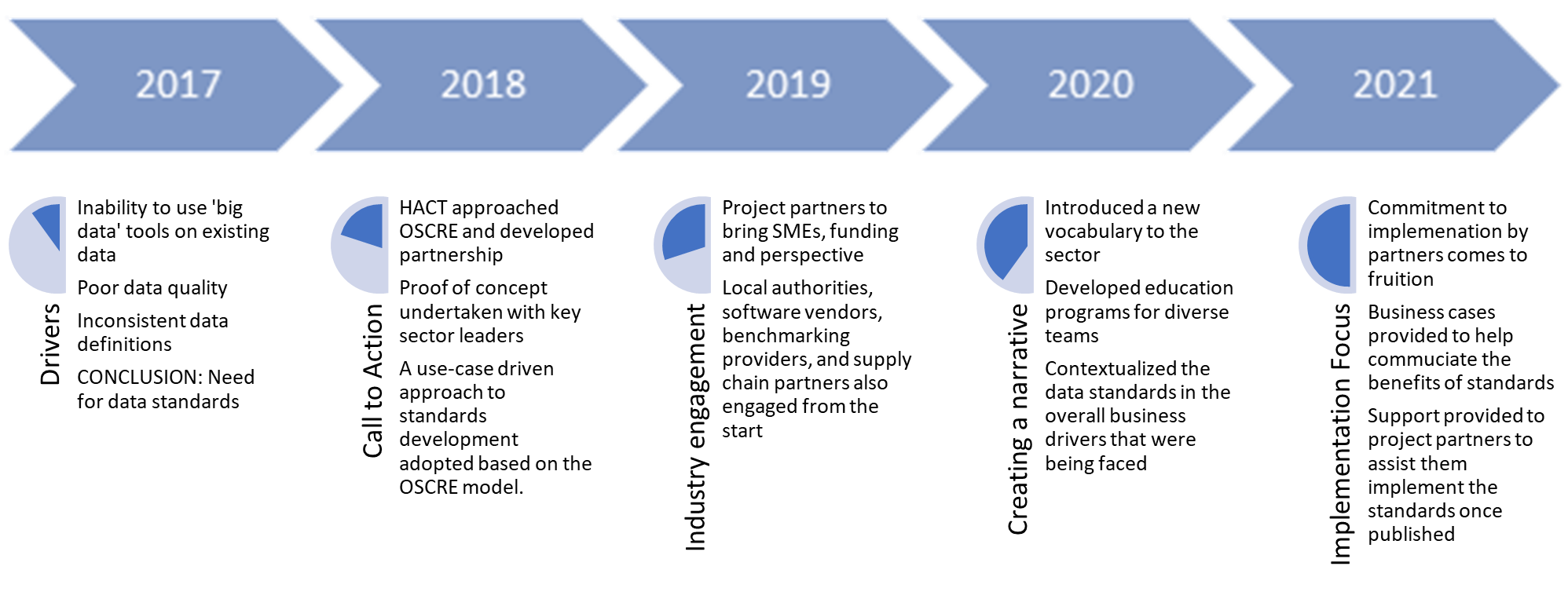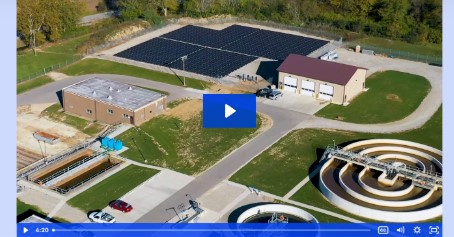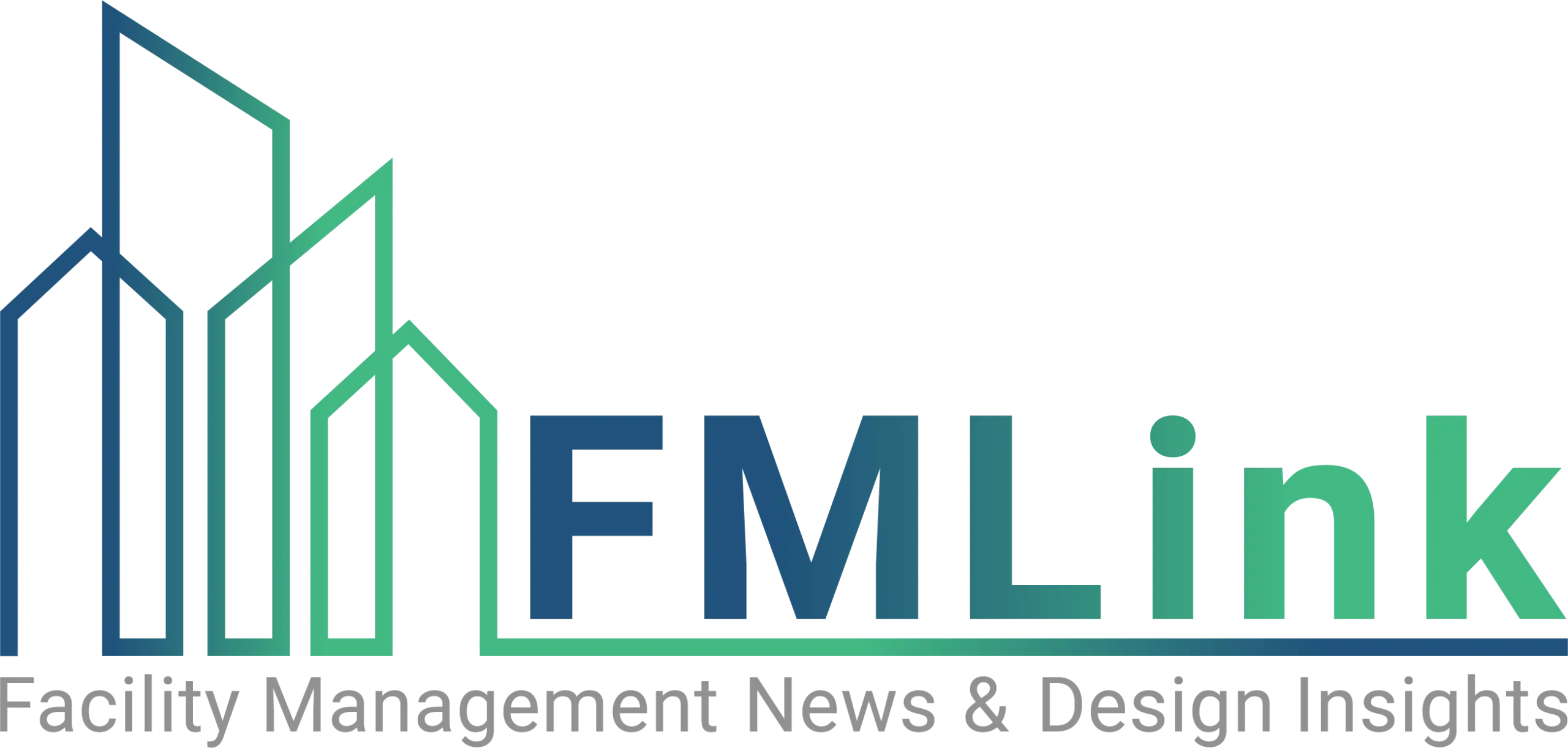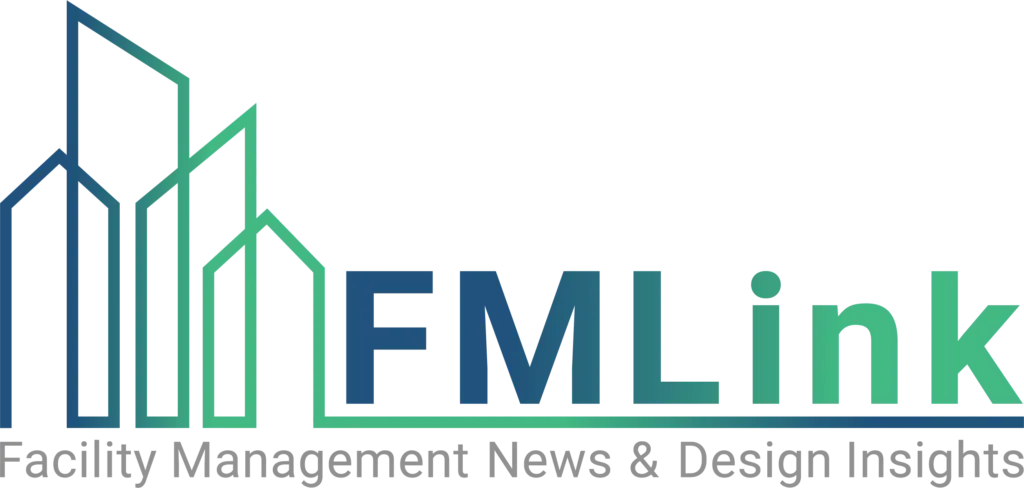This article originally appeared in the November/December 2021 issue of FMJ
Data was at the core of unprecedented challenges that disrupted the workforce and workplace over the last 18 months, advancing swiftly as workers moved to home-based offices in avoidance of exposure to a relentless virus. These challenges have doggedly remained as facility managers grapple with a health crisis that quickly became an economic crisis. Attention has turned to what the workplace of the future will look like and how much of the workforce is interested in returning to their previous workplace routine.
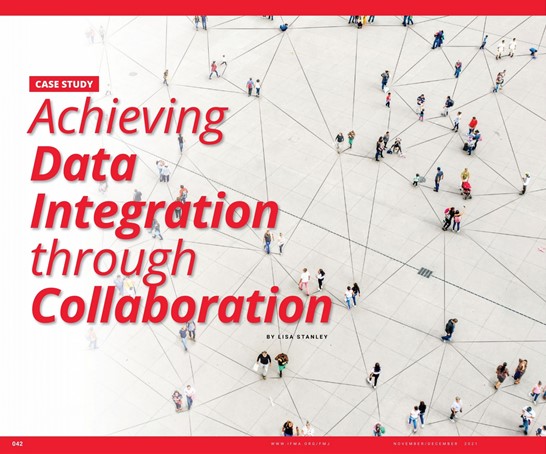 One issue was constant. Organizations struggled with data — what was collected, its accessibility, consistency and integrity to assess risk and swiftly aid decision-making. The environment created chaos, and an opening for FMs to earn a seat at the table they have long sought. FMs provided valuable insight and perspective to the discussion on how to move organizations forward and demonstrated the new emphasis on safety and trust for the workforce to return to the workplace. The integration of data was critical to the process.
One issue was constant. Organizations struggled with data — what was collected, its accessibility, consistency and integrity to assess risk and swiftly aid decision-making. The environment created chaos, and an opening for FMs to earn a seat at the table they have long sought. FMs provided valuable insight and perspective to the discussion on how to move organizations forward and demonstrated the new emphasis on safety and trust for the workforce to return to the workplace. The integration of data was critical to the process.
What is data integration? It is the process of collecting and combining data from multiple external and internal sources that often cannot communicate with each other. It enables organizations to use this information derived from the bits of data collected for a wide range of business decisions in the current environment and provides analytics to improve management of the entire asset life cycle. The information derived from data collected across the organization empowers organizations to become better stewards of investments that loom large on the balance sheet — real estate, technology and human capital. FMs are the critical element linking these three investments.
Becoming data-driven means addressing many of the classic obstacles to integrating data from multiple sources. It also includes improving integration along the entire supply chain, across the lifecycle of an asset and in real estate portfolios. It means FMs have a unique skill set that can bring owners, occupiers, and investors to the table with their external business partners. This skill set empowers organizations to become better prepared for managing the next crisis.
The real estate industry can effectively collaborate on data integration from two perspectives: industry organizations, such as OSCRE and IFMA, and key industry stakeholders including occupiers, owners, service firms, software vendors, investors and others. The primary objective for collaboration with industry stakeholders in both groups is to accelerate the advancement of a data-driven real estate industry that enables organizations to achieve better outcomes.
Leaders must be committed to implementing a digital transformation strategy — exploring new approaches to integrate their data, building new skills within teams, and finding new ways to use technology to empower team members and the entire organization.
Where to start? Collaboration is central to OSCRE’s strategy for advancing digital capabilities in the real estate industry as a whole and in real estate organizations themselves. No single industry organization offers data standards for the entire real estate industry, and there can be significant hurdles in connecting functions and the data standards that each one utilizes. OSCRE is committed to working with other industry organizations to address the challenges of interoperability across platforms and to extend existing standards to meet the changing needs of the industry.
A prime example of this collaborative approach is OSCRE’s working relationship with the Housing Associations’ Charitable Trust (HACT) in the development of the U.K. Housing Data Standard Powered by OSCRE. The lessons learned by both organizations represent a model for industry collaboration today and in the future. That model of engagement with industry stakeholders is highly transferable to other sectors and standards initiatives. The experience of those industry partners also highlights the solid business case for data integration based on standards.
Primary objectives of collaboration
To set the context for collaboration, OSCRE has identified the following objectives:
- Demonstrate benefits of data integration — connecting data across multiple platforms.
- Improve results for individual organizations, their business partners and the industry as a whole.
- Address value to shareholders and other stakeholders to encourage investment.
- Build a basis for fully integrated asset lifecycle management.
- Establish a framework for effective data governance.
- Achieve industry alignment around integrated data standards.
- Provide accessible education and training to develop skills required to implement standards.
- Expand support for Environmental, Social and Governance (ESG) initiatives and reporting.
Collaboration between industry stakeholders
OSCRE’s experience in the HACT project demonstrates that actively engaging in standards development increases the likelihood that the participating organizations will implement them. Collaboration does not require disclosure of trade secrets or information that would benefit competitors. It is a focus on developing consensus to address common challenges that arise from the extraordinary amount of real estate data being collected from many sources and its effective use in data strategies and operations.
Benefits from industry collaboration
Data standards are critical to building a foundation for effective data management and data governance, providing the following benefits:
- Incorporate related functional standards into an overall data strategy.
- Leverage the OSCRE Industry Data Model (IDM) as a starting point.
- Increase the speed of change and advancement in the industry.
- Identify critical components in a digital transformation.
- Maximize value from emerging technologies, e.g., artificial intelligence, machine learning and digital twins.
To achieve a full asset lifecycle perspective, functional standards cannot be implemented in isolation. An integrated data model (IDM) is the critical ingredient to develop a data strategy; it defines the organization’s priorities to improve digital capabilities and overall performance.
The HACT-OSCRE partnership
OSCRE has worked with HACT in the development of the U.K. Housing Data Standards Powered by OSCRE over the past four years. The collaboration is a model for industry organizations to build effective data governance practices as part of a larger data strategy. The partnership also included many of the key stakeholders in the social housing sector in the U.K. More than 70 partners have invested and actively participated in the project to date. This includes investors in social housing, property managers, enterprise software vendors and others who support the development and implementation of social housing data standards.
What was discovered
The standards development process used to build the U.K. Housing Data Standard Powered by OSCRE provides a framework which can be replicated in other initiatives. Rapidly developing domain-specific standards can start with the OSCRE Industry Data Model (IDM), and the IDM can be extended where needed. More strategically, the approach taken by OSCRE and HACT lays the foundation for a collaborative multi-enterprise operating model for the creation and implementation of real estate data standards. It also highlights OSCRE’s growing role as a standards aggregator, a convener to develop data standards and publisher. The project identifies important aspects of the initiative, from the multi-party engagement, through project funding, standards development methodology and tooling, and implementation guidelines for a variety of typical project types.
OSCRE’s standard development methodology
This methodology enabled project participants to quickly identify related concepts to fill gaps and build consensus. Six standards projects have been completed in a little more than three years, including:
- Reactive Repairs
- Planned Maintenance
- Customer Care & Support
- Income
- Development Handover
- Resident Feedback and Complaints
These new standards can be reviewed on the OSCRE website. The HACT Data Standards Powered by OSCRE and the OSCRE Industry Data Model (IDM) are free to access but do require users to register.
Each standards project generated a common set of deliverables, including use case definitions, a target business case, a process context, term, schemas, and an implementation guide.
Timeline for a successful collaboration and industry engagement
A Continuum of education and training
Successful implementation of standards starts with a commitment to ongoing education and training. OSCRE and HACT identified a critical need for increasing the skills and digital competencies across the sector and launched a series of learning labs developed and facilitated by OSCRE. The series is comprised of four learning labs specific to data governance and related foundational skills. Developing these skills within teams is critical for organizations to be effectively data-driven. The education and training options offered by the OSCRE Academy currently include:
- On-demand virtual certificate programs in Data Governance and Digital Competencies in Real Estate.
- Virtual Learning Labs open to multiple organizations.
- Applied Learning Labs for teams from a single organization in an implementation setting.
Education benefits are significant from a skills-building standpoint, including:
- Teams progress at the same pace, accelerating their ability to work together more effectively.
- Learning labs include workshops that allow for sharing experience, challenges and solutions.
- Applied Learning accelerates teams’ ability to proceed directly to implementation projects.
- The connections between data governance and other strategies are clarified.
- An organization becomes much more effective in representing itself with suppliers and partners.
- Greater alignment becomes possible between leadership and operations in a digital ecosystem.
Establish a product roadmap to guide the participants through the standards development process. Using a variety of engagement techniques, HACT and OSCRE reached out to the sector to identify high-priority use cases for standards development. These were packaged into a prospectus that explained the specific intent behind each project and the overall roadmap for development. The product roadmap is a tool that both organizations use to communicate upcoming standards projects and ensure support in the project.
Extending the collaboration model
OSCRE is working with industry organizations in other sectors and has included their standards in the OSCRE IDM. This is one of the primary methods by which OSCRE is building support for enabling data flows along the entire asset lifecycle. Examples of these collaborations include the Construction Specifications Institute, focused on standards commonly used in construction and building operations, including UniFormat, MasterFormat and OmniClass, which are built into the OSCRE IDM.
The IDM contains use cases based on the latest BOMA Standards for space measurement for office, industrial, residential, and mixed-use properties. An implementation team has the flexibility to choose the measurement method that best suits their needs and still retains the integrity of the overall data model.
OSCRE and HACT have worked closely with the U.K. BIM Alliance to ensure interoperability between the IFC and COBie models (commonly used in the construction/delivery phase) and the OSCRE models (used primarily from handover onwards in the operational phase). This also ensures that the OSCRE work is consistent with the ISO19650 framework and can be used as a data standard within that context.
Benefits and lessons learned
Data standards are the foundation of this project. They form the basis for change that fuels collaboration with external and internal business partners and an industry advantage that includes the following benefits:
- Greater transparency, consistency and integrity of data across platforms and business partners.
- Ability to incorporate related functional standards into an overall data strategy.
- Leverage the OSCRE IDM as an integral step to effective data management and data governance.
- Increase the speed of change and advancement in the industry.
- Identify critical components (such as integrated data standards) in a digital transformation.
- Maximize value from emerging technologies, e.g., artificial intelligence, digital twins and machine learning.
Lessons learned from the HACT-OSCRE project
- Collaboration will continue to be core to OSCRE’s strategy for industry engagement.
- This approach brings the business and IT groups together effectively to achieve results.
- Participating organizations recognized common ground around the role of standards.
- Standards development enables users to maximize value from emerging technologies.
- Avoid mistakes by leveraging OSCRE’s experience with large scale standards development.
- Education components are needed to build skills and enable successful implementation.
- Hold events to raise awareness and define the business case as you make progress.
- The value of the new standard and lessons learned are not limited to social housing nor the U.K.
- Solutions emerged that can be implemented to solve data challenges from the pandemic.
Where Can We Go From Here?
A collaborative approach is critical to achieve the digital transformation the industry needs. This approach can accelerate progress, the synergy created by dedicated participants can improve results, adds significant value to stakeholders and can make significant contributions to ROI.
Grassroots support for this approach requires allocation of resources — building the skills to match the will of leadership to move forward, commitment of human capital and financial investment. OSCRE has confirmed a commitment to focus on critical industry issues and identify common ground that advances progress for years to come. Tools already exist in OSCRE’s IDM to gain a head start on high priority initiatives of interest to FMs and their internal and external business partners.
